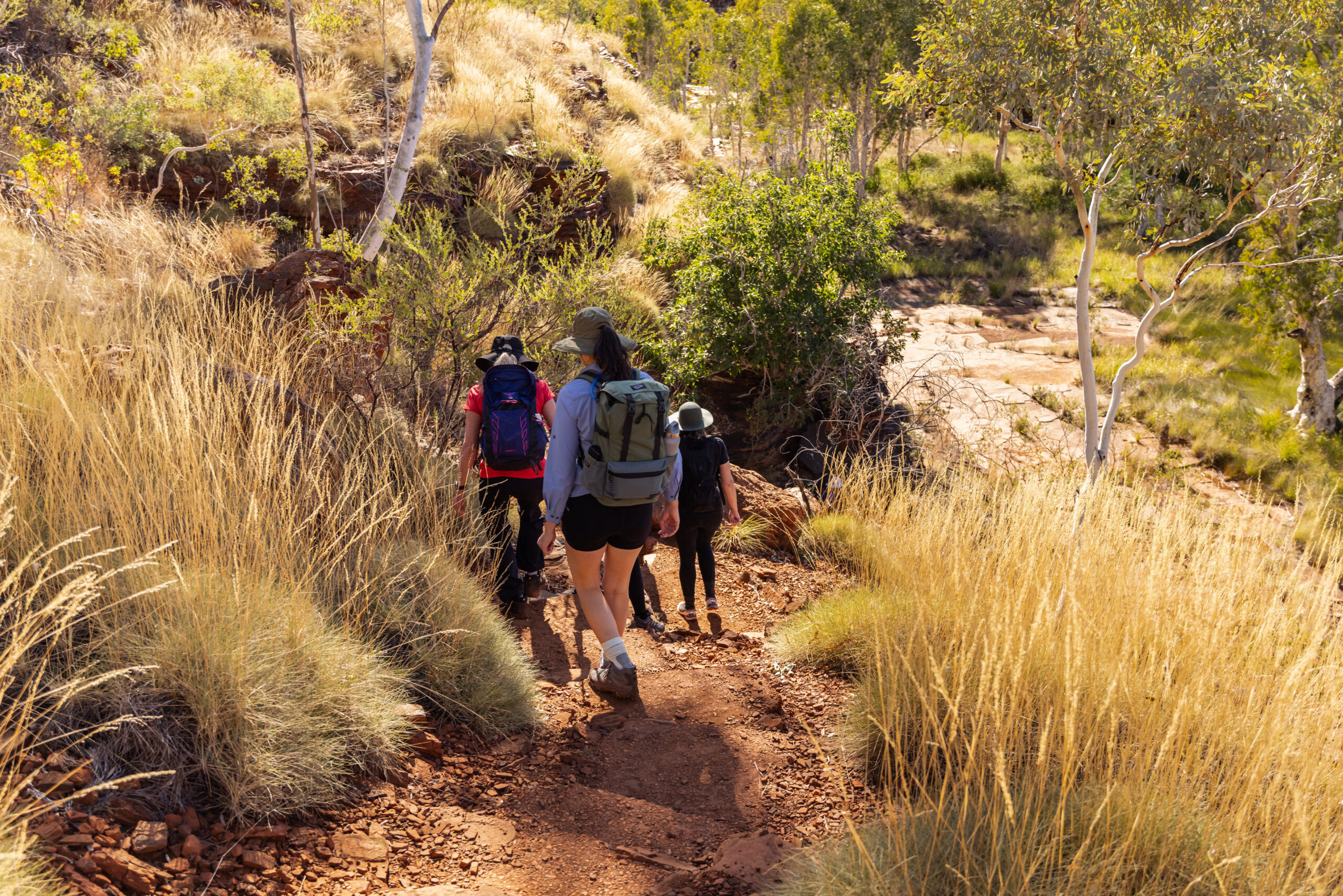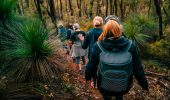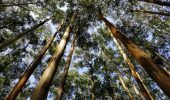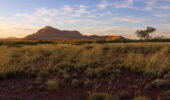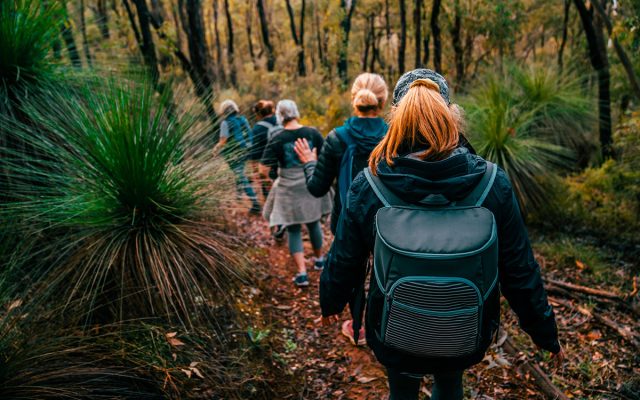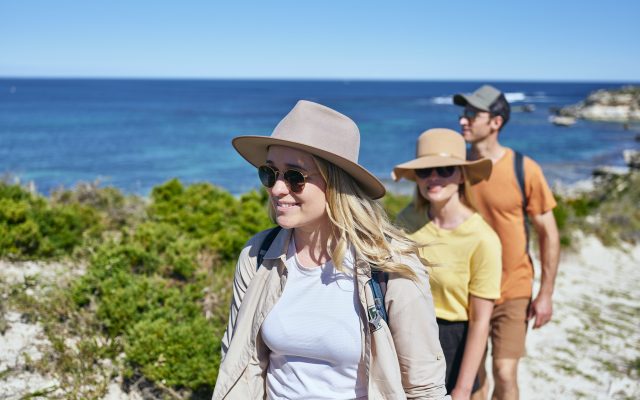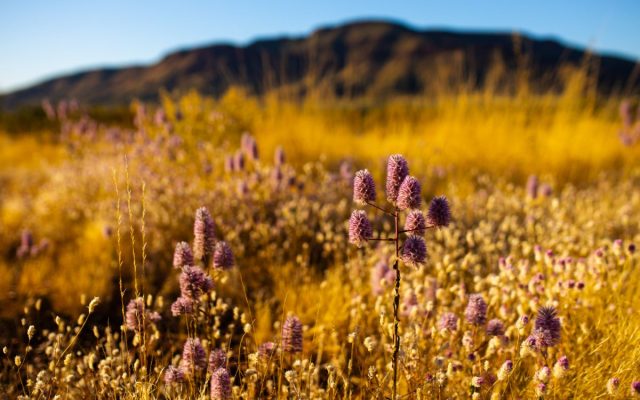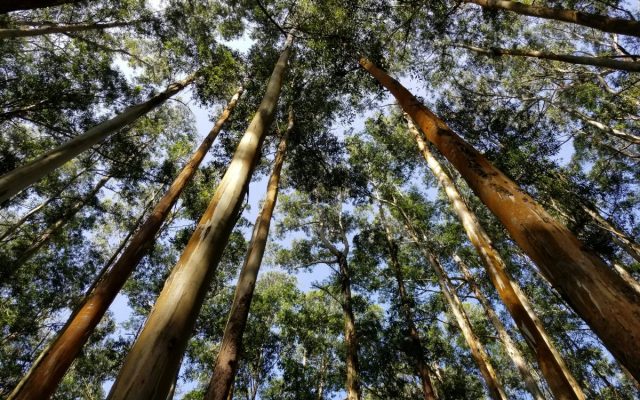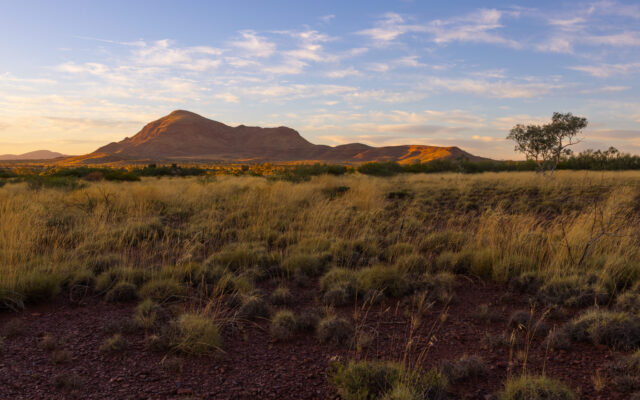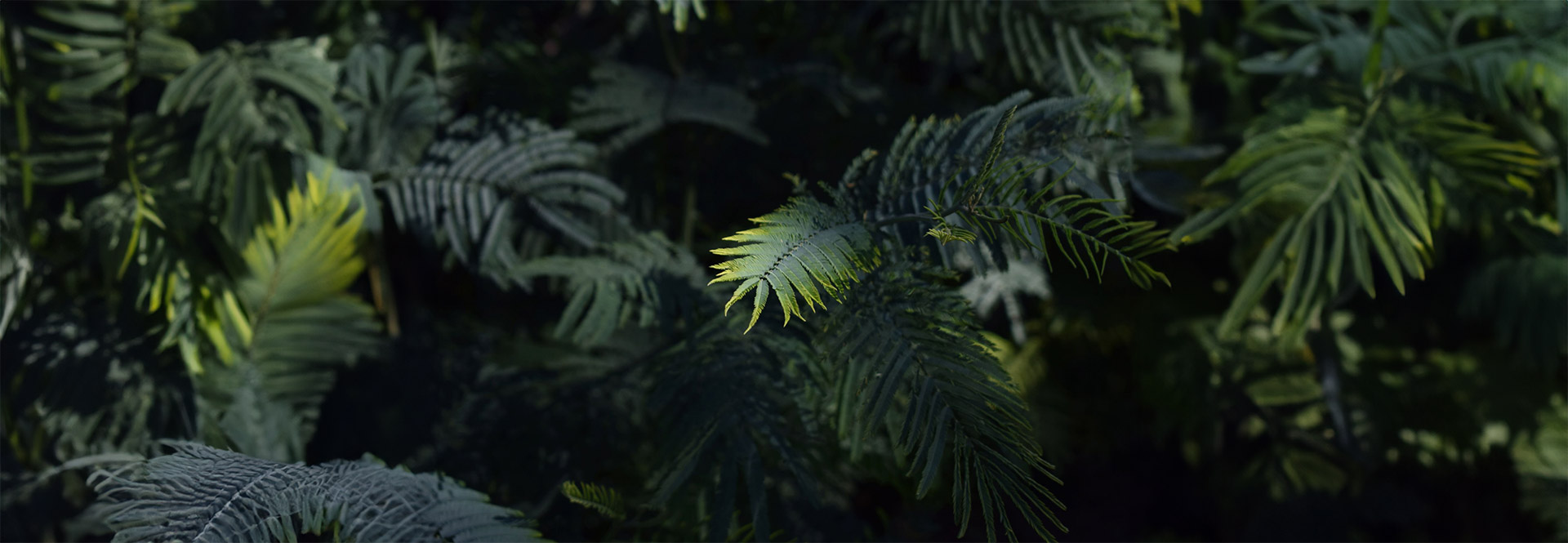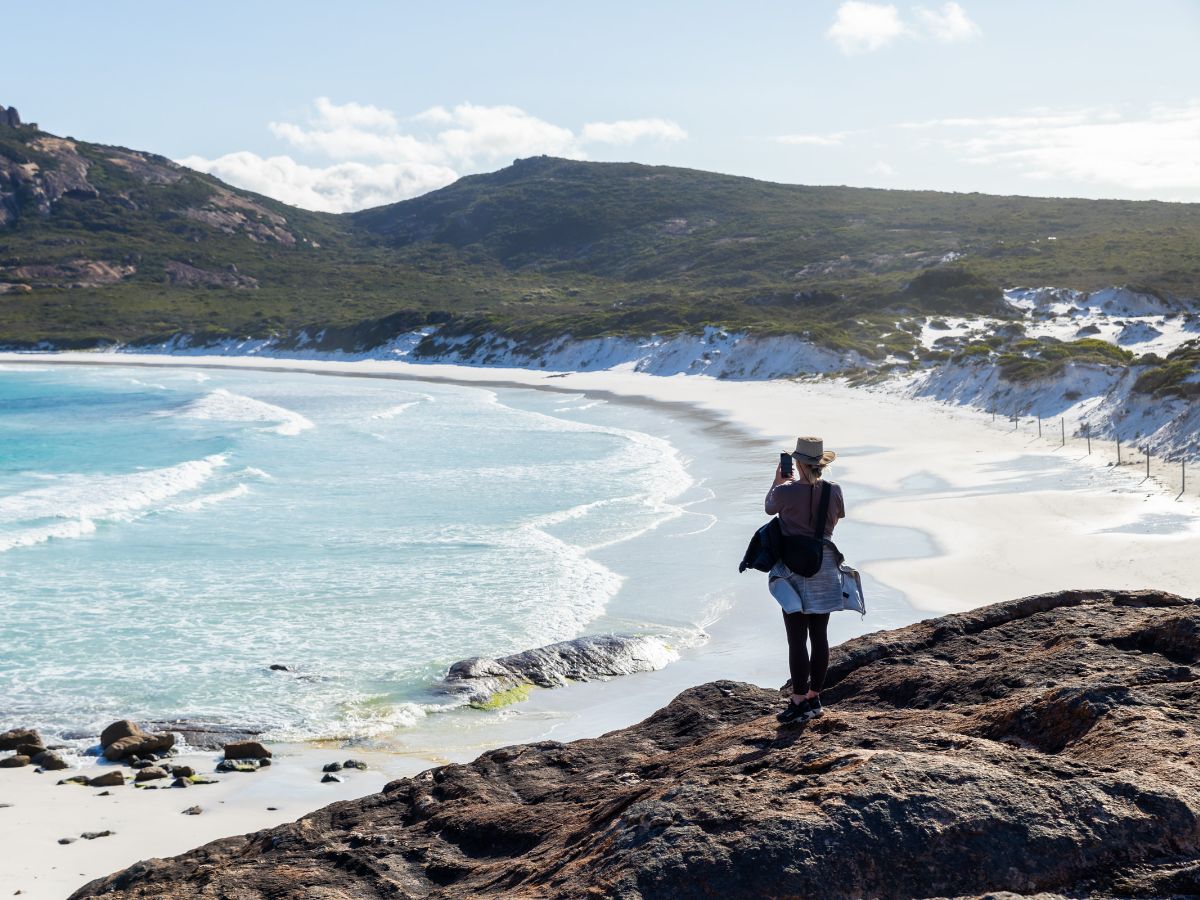30th October 2025
What We’ve Forgotten About Human Nature
On the weekend, I was on a hike with a friend when she said to me,
It’s human nature to want to belong.
I loved that.
Not as a throwaway line, but as a reminder of how deeply that truth runs.
It made me start to think, what actually is human nature? Why do those two words, human and nature, fit so perfectly together?
When you start to explore it, human nature isn’t a concept. It’s a blueprint.
It’s the design our species evolved with, shaped by millions of years of life outdoors.
Our senses, our attention, even our emotions are all tuned to the cues of the natural world.
The shift of light through the day tells our bodies when to rest.
The sound of birdsong actually lowers cortisol levels.
The smell of rain on soil triggers the same parts of the brain that release calm.
Many of us even fall asleep at night listening to a spotify playlist of ‘relaxing ocean sounds’.
These aren’t poetic ideas, they’re actually biological truths.
Our nervous systems, our creativity, and our capacity for empathy all evolved in nature, not apart from it. But now in 2025, we find ourselves in a world that asks us to forget that.
And our brains haven’t caught up yet.
Environmental psychology tells us that our brains are still wired for the savannah, not the screen.
We solve problems better when we walk, because movement increases blood flow to the prefrontal cortex. The part of the brain that handles creativity and decision-making.
We restore attention faster after just 20 minutes in a green space than after an hour of scrolling.
When we’re outdoors, our nervous system downshifts and our perspective widens, both literally and figuratively.
It’s no wonder so many of us feel disconnected. We’ve just designed lives that are out of sync with what we’re made for.
So, what happens when we go back outside?
Over the years of guiding groups in wild spaces, I have noticed the sweet spot when the conversation and human behaviour starts to shift. Its generally at the 20 minute mark. The shift from doing to being happens around that point. Its not about switching off, but switching back on to who we all are, fundamentally, under the noise. Our human nature.
And while nature doesn’t give us the answers, it sure does give us access to them.
I think the next evolution in workplace wellbeing and leadership isn’t about adding more programs or tools. It’s about bringing humans back into environments that support human nature. Because stress isn’t always a sign of weakness. Sometimes, it’s just a sign we’ve been indoors too long.
A final thought.
Maybe human nature is an invitation to remember what sustains us.
To move, to breathe, to belong.
To find perspective in wild places.
To bring that rhythm back into how we work and live.
Because at the end of the day, we don’t need to fix our human nature.
We just need to get back in touch with it.
Kate Gibson is the Founder of The Hike Collective, an award-winning Australian tourism and wellbeing company on a mission to improve wellbeing through wild spaces.
Through nature-led team experiences, Kate helps individuals and organisations reconnect to what makes them human so they can work, lead, and live with more clarity and connection.

